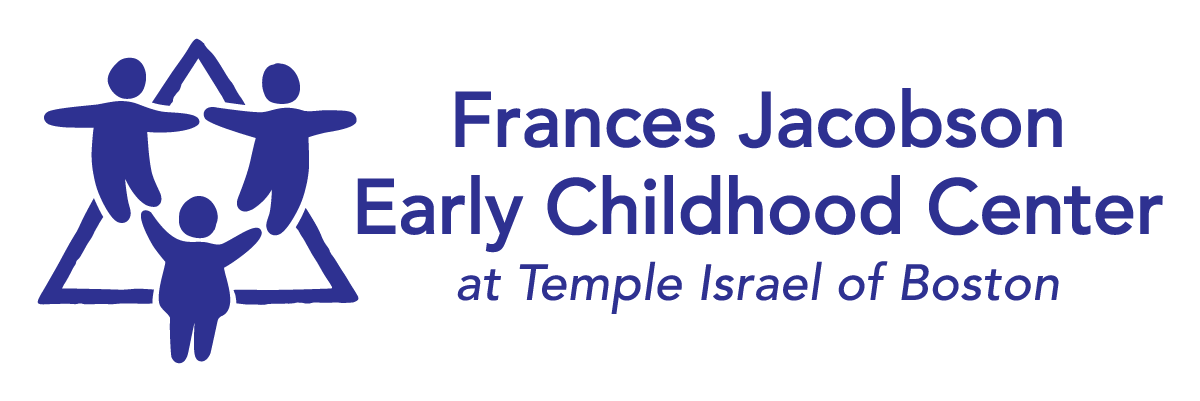Lively Minds!
/When was the last time you challenged yourself to have a new perspective on something? Or put yourself in a position that shifted your orientation to make the familiar feel unfamiliar? Have you been upside down lately? Or stood still somewhere (preferably outside) and just looked up for a few minutes? I was once on a guided hike with someone who encouraged us to “look up.” I’ve been practicing this ever since.
Orientation and Perspective is one of the Eight Schemas that are outlined in Children’s Lively Minds; Schema Theory Made Visible - the book FJECC staff are reading this year. You may have noticed we’ve started documenting children’s learning using the language of these schemas. Take a look the next time you walk through the hallway of the school. You will see examples of children Transforming, Transporting, Positioning and Ordering, Enclosing and Enveloping, Connecting and Disconnecting, or experimenting with properties such as Rotation and Circularity, Trajectory or, as mentioned above and illustrated in the photos below, Orientation and Perspective.
Children push the boundaries of viewpoint and perspective daily. They constantly invite the new and different and unusual. And the information they collect in this process can help us better understand what they are learning and/or how they see the world. An example: there is a child in the school who loves to bang on things. When we are on the playground, this child always has something in his hand that is an implement of noisemaking. He is often banging that implement on something else - or many other things. Sometimes I find this behavior distracting. Sometimes I'm worried things will get broken or someone will get hurt. And then I saw a video of this child on Kaymbu. He was sitting in front of a collection of pots and pans, banging on them with a couple of sticks. And he was making music. Really good and interesting music. I was captivated. And I knew then that what had seemed like random acts of banging and a great interest in sticks was much more. A potent reminder not to assume, to wait and observe (something I am frequently coaching others to do) and to reflect on both the assumptions I may be making as well as the not so obvious work of play.
Shabbat Shalom,
Amy





